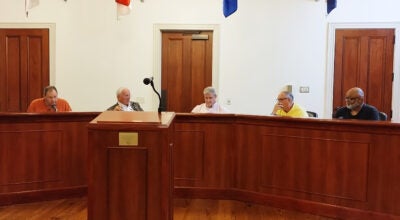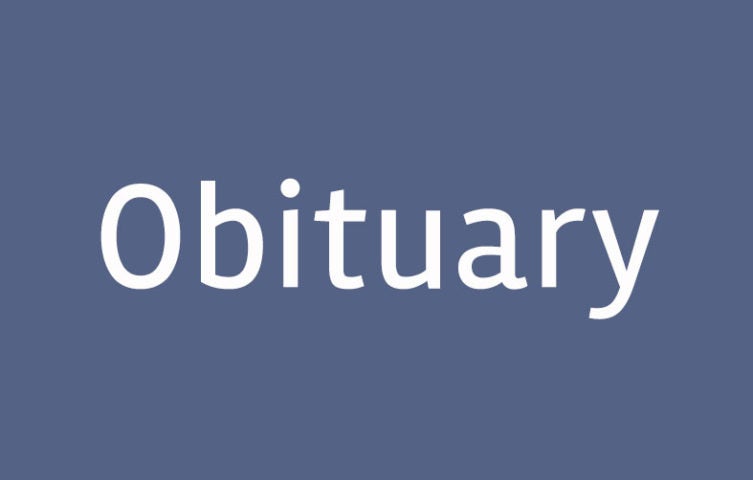Friday: Council at odds over insurance for water and sewer company
Published 12:34 am Friday, February 6, 2009
An agreement believed to date back to 1952 between the City of Demopolis and the city water and sewer department has come to the forefront as Demopolis City Council members try to determine why it is paying for insurance for the water and sewer department.
The question arose at a December council meeting, and the council decided to look into it. It found that the city and the water and sewer board made an agreement long ago that the city would pay property insurance and liability insurance, and the water and sewer board would replace all fire hydrants as needed, perform all maintenance on the hydrants and allow the fire department to use the fire hydrants.
The city paid $39,062 for insurance for the water and sewer board, according to water and sewer board member Woody Dinning Jr., while the water and sewer board replaced 15 fire hydrants last year.
“In lots of cities, instead of having an arrangement like this, the water and sewer board charges the city so much per year per hydrant,” Dinning said. “That allows the city to use the hydrants throughout the year, and that covers the amount of water that is used.
“We checked, and the rates per hydrant per year can be anywhere from $60 to $75 per year up to $225 per year. Right now, with 400 hydrants at an average of $150 per year per hydrant, that’s $60,000 per year. If you add the replacement of hydrants, there’s a charge for that. That’s another $30,000 a year.”
Dinning said that the water and sewer board didn’t want this to turn into a bidding war, and requested that the city’s finance committee meet with members of the water and sewer board to work out an agreement.
Council member Mitchell Congress said that if the city were to pass an ordinance making the water and sewer board a city entity again, then the whole argument would not even be taking place.
Demopolis mayor Mike Grayson said that would not be good for the city, as water and sewer employees are not covered under the same retirement system as city employees, and it would cost more to put them into the retirement system.
Some council members felt threatened by members of the water and sewer board saying they would counteract if the city were to stop paying for its insurance.
“I think that you are reaching the exact opposite conclusion,” Dinning said. “What I was trying to be informative about was the basis for that agreement that took place decades ago.
“It’s not the deal that they are sitting over there trying to make threats. We view this as a partnership. To my knowledge, no one from the water and sewer board was invited over to sit down and discuss this. It was a situation of ‘Here’s a line item that we can do away with, so let’s do away with it.’”
“That has not been done,” said council member Thomas Moore. “We are in the discussion stage right now. You are implying that we decided to do that. We did not. We are investigating. That’s why you are here tonight.
“I agree: As tight as money is right now, if we can save money by flipping it back, that’s what I want to do. But, we don’t have full knowledge at this point to know which is which.”
Dinning said that if the city were to stop paying the water company’s insurance, then the water company would have to raise its rates to make up that money.
“I’m not arguing that point,” Moore said. “I’m arguing: Is it a decent swap for us in tight economic times. That’s my argument, and we owe it to ourselves to find out.”
Grayson asked the water and sewer board to bring information regarding its activities over the next six months, then have the entities get together to make a decision.





